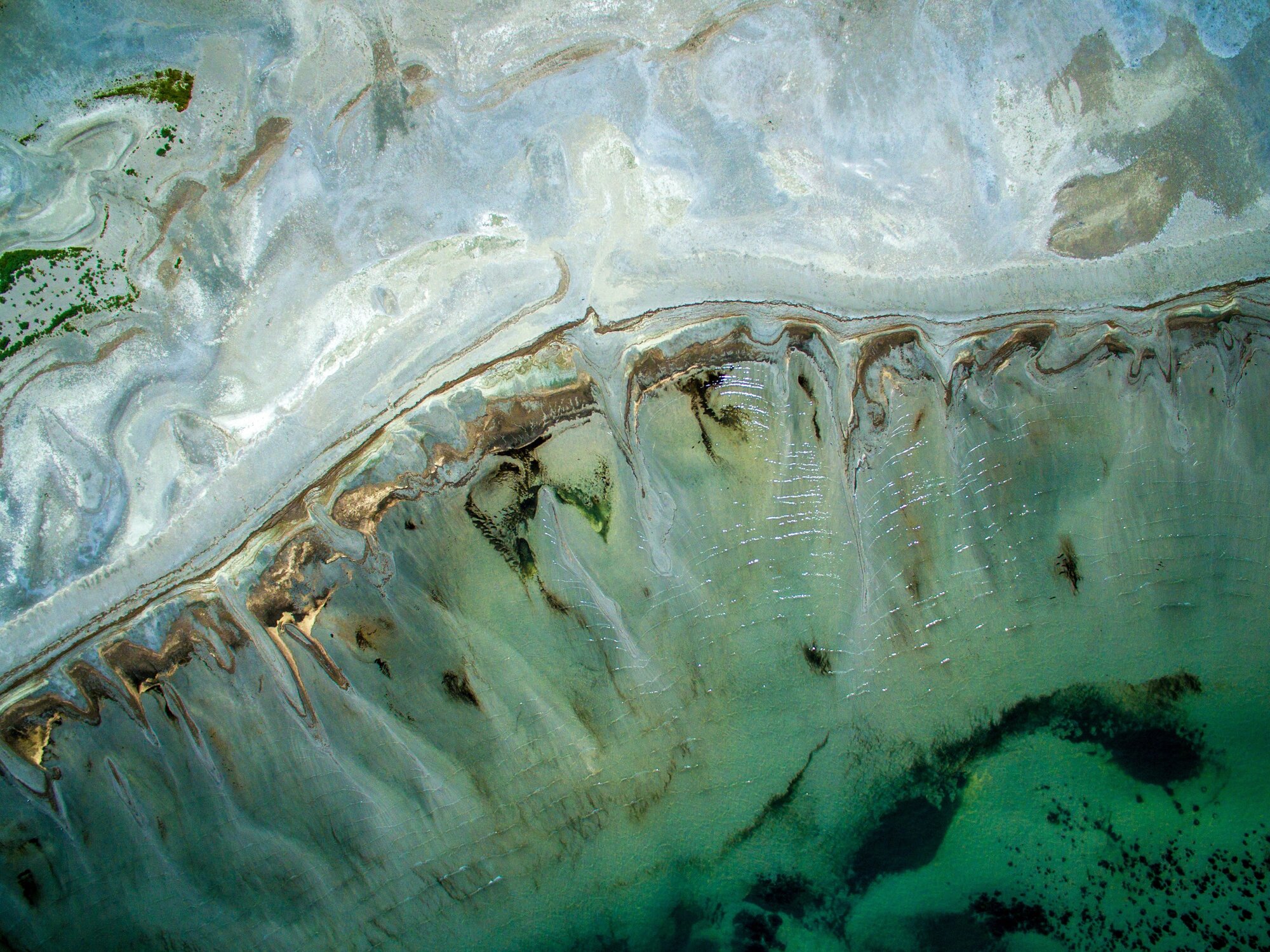Introduction
Call for Proposals - deadline for application has been extended to 15 November 2024
The proposal writing workshops were held on 14 and 16 Oct 2024. Please find the recording below
The GEO Post-2025 Strategy calls for a transformative GEO Work Programme (GWP) that focuses on co-producing Earth intelligence solutions to address complex global challenges. This new approach aims to evolve GEO from primarily facilitating Earth observation data access to actively developing user-driven, integrated tools that inform strategic decisions and empower society. The strategy emphasizes the need for efficiency, effectiveness, impact, and additionality in GEO's programmes, requiring a growth mindset from the community to integrate new technologies, increase global equity in Earth intelligence access, and enhance youth participation.
To achieve the transformation, a few key changes are introduced in the Post-2025 GWP:
Focus Areas are a prioritization framework designed to assist the GEO community in conducting gap analyses, identifying key priorities, and facilitating synergies across the GWP. See details in Section 2 below.
While the Pilots, Initiatives and Flagships categories remain, the Post-2025 GWP incorporates them into the Research to Operation (R2O) pipeline, which will focus on a sustained delivery of operational products or services for use in decision-making and driving socio-economic and environmental impacts. The Conveners category is introduced for efforts that facilitate connection and collaboration across the GWP. See details in Section 3 below.
Instead of having a fixed start and end date for all activities, each activity is able to develop at its own pace subject to the maximum duration of time that they can stay in the same category (see details in Section 3 below). As activities meet the specified criteria, they become eligible for evaluation by the Programme Board to advance to a category of higher maturity level.
A monitoring and evaluation framework will be established to track progress. Activities will be required to report on their progress against planned outputs, which will be elaborated in workplans that will be developed after the approval of activities by the GEO Plenary in May 2025. To ensure effectiveness and efficiency, activities must demonstrate growth and successful delivery, avoiding stagnation.

